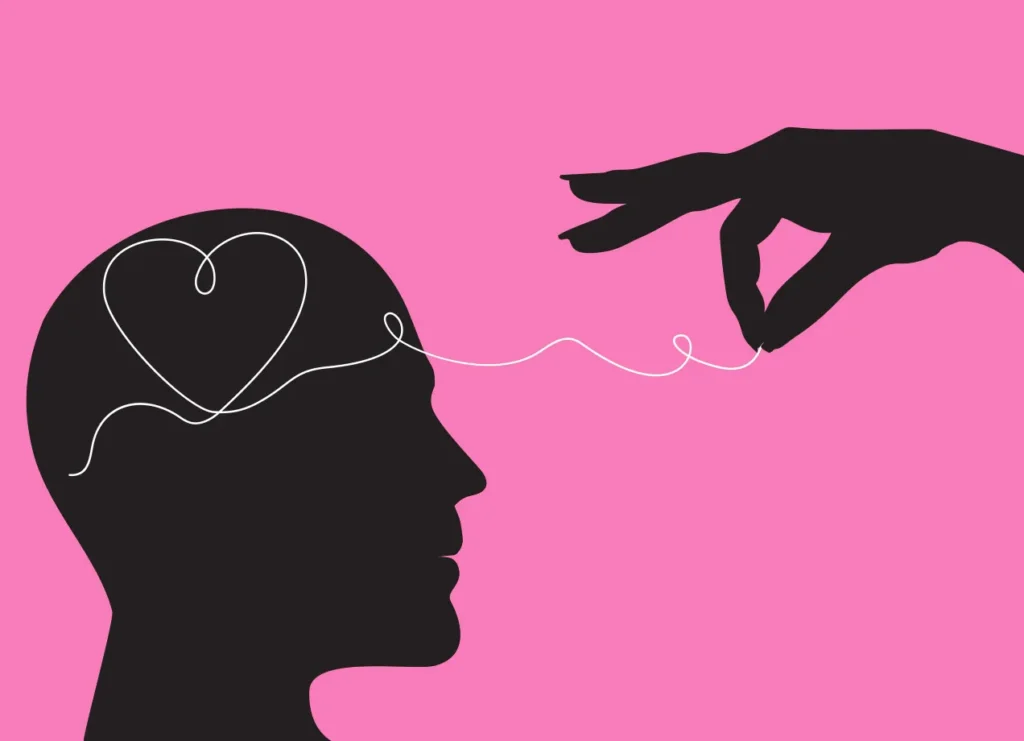Narcissistic traits, such as an exaggerated sense of self-importance and craving for excessive admiration are not unusual, but you should be wary if someone uses you to satisfy their own needs without showing any regret for doing so.
Narcissism can often be traced back to childhood experiences that create an unstable psychological dependency on others and genetics or neurobiology as contributing factors.
What Is Narcissism?
Narcissists are the self obsessed personalities. they are exaggerated and idealized by them self. they are insecure by the society and their norms but to keep their pride and concerned with everyone around them they generate and learn many tactics to control their victim who ever is in a relationship with a narcissist. traits in which make you feel they are special and important and they control your believe system against them. they make you feel you are worthless but they are worthy of love and attention
A pattern of conceited, haughty thinking and conduct, a lack of empathy and concern for other people, and an overwhelming need for adulation are all indicators of narcissistic personality disorder.

You don’t think you’re special.
Narcissists believe they’re at the center of everything, with everything else revolving around them. In order to maintain this view of themselves as being special and worthy of praise and admiration. Narcissists tend to exaggerate their accomplishments and talents in order to maintain this illusion of perfection for themselves. Furthermore, they expect special treatment including special compliments, attention and admiration from others as part of this fantasy reality.
Narcissism can lead to destructive relationships. Narcissists do not seek love; rather they exploit people for their own gain. Narcissists will lie, manipulate, hurt and disrespect you in ways that make it hard for others to see through them.
Gaslighting is a tactic used by narcissists to control their victims and maintain power within relationships, and to preserve their narcissistic personality and maintain power dynamics Ultimately, living like this is neither healthy nor fulfilling; therefore, it’s crucial that individuals recognize narcissistic behavior and learn what healthy relationships look like.
An individual with narcissistic traits can still form healthy relationships if they do not use these characteristics to abuse and manipulate others. Spending time with people who affirm your thoughts and emotions is crucial in order to stay unbiased and avoid falling for the narcissist’s distorting projections; learning about narcissism will also allow you to spot this behavior more readily so you can take steps to safeguard yourself against its damaging influence on relationships in your life.
You don’t have a need for attention.
While narcissism may be harmless in early years, it can become problematic later if someone exhibits an inflated sense of self-importance, an absence of empathy toward others, and excessive admiration. If you suspect you’re dealing with an undercover narcissist it’s essential to recognize their manipulative behavior quickly so as to disengage from it.
These people may exaggerate their accomplishments and talents to garner admiration from others. Conversely, covert narcissists may appear more subtle. For instance, they might not announce they’ve earned a new promotion at work or that they are good friends because this might upset your feelings; instead they might give off false modesty or fake compliments instead.

Avoiding covert narcissists by prioritizing your own goals and needs can help ensure you maintain an individualistic sense of identity, free from having to impress or appease people who don’t support your cause. When you can stop trying to meet their need for attention, they may eventually move on in search of someone else who will satisfy their ego needs.
You don’t think you’re better than others.
Most people associate someone with narcissism as being self-absorbed and arrogant, needing constant attention from others, believing themselves superior to everyone else. While some with NPD do display these characteristics, not all do. There can be various manifestations of narcissism which arise in different contexts or at specific points in time.
As an example, you might exhibit narcissistic traits when dealing with co-workers but not family members. Perhaps there’s a rivalry with one co-worker that causes you to make snarky comments or overstate praise you have received, though such actions should only occur occasionally and rarely if at all.
However, when you often compare yourself with others and feel superior or inferior to them, this could be more indicative of NPD than any temporary reaction to one individual. Covert or vulnerable narcissism is even more dangerous because it often includes feelings of low self-esteem.

if someone displays these narcissistic traits, try to remain as distant as possible and avoid engaging in an argument with them. They won’t change their view or admit they’re wrong and convincing them may only increase their defensiveness further. Instead, spend more time with individuals who provide honest reflections of who you are and your values.
You don’t think you’re worthy of love.
People with narcissism tend to expect favorable treatment, believing themselves special, yet are highly sensitive and easily upset when these expectations aren’t met. Some even exhibit traits associated with antisocial personality disorder such as aggression and lack of empathy – this form of narcissism is sometimes called malignant narcissism.
Narcissists come in all forms; some may be overt, while others can be more covert and use manipulative tactics to manipulate you into questioning your perceptions or doubting yourself by blaming or questioning you directly; they take advantage of your insecurities and needs while seeking maximum emotional, physical, and financial gain from you.

Many narcissists don’t actually love themselves, but believe their own actions and accomplishments can bring them happiness and self-worth. To maintain this illusion of their worthiness they will often lie to themselves about their weaknesses and refuse to acknowledge what the truth about themselves might be. Additionally, these individuals might harbor feelings of jealousy towards friends or family who share similar interests, leading to feelings of resentment towards them.
People suffering from narcissism tend to surround themselves with those who support and feed their ego, which may only last temporarily once the person grows tired of being exploited. Therefore, it’s essential that they spend time with others who offer more accurate reflections of themselves and develop friendships outside the orbit of the narcissist.



